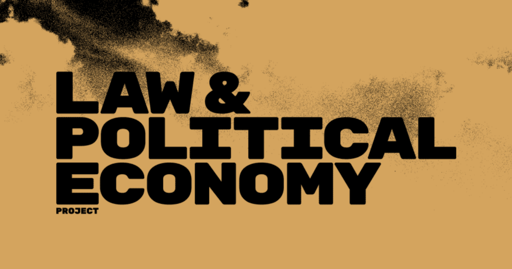Without a Department of Education, who will assist the borrowers of billions of dollars of student aid? Without Social Security field offices or Internal Revenue Service staff, who will administer benefits or investigate tax fraud? And with a massively reduced workforce at the General Services Administration, who will handle the procurement of more than $84 billion of products and services for federal agencies?
To these questions, Elon Musk and the Department of Government Efficiency (DOGE) have offered the same answer: artificial intelligence, particularly in the form of chat bots. And while Musk’s vision for the federal government could be seen as a mere pretext for paring back the state and its safety net, it also reflects what many techno-optimists believe will come to pass in the American economy writ large. In this vein, Mark Zuckerberg recently opined that half of the code for Meta will be written by AI rather than humans in the next twelve to eighteen months.
These developments and the rising potential of labor automation bring into sharp focus the question of how to address the potential displacement of workers. One prominent proposal, championed by Silicon Valley tech bosses like OpenAI’s Sam Altman, is Universal Basic Income (UBI). UBI advocates envision a system where all citizens receive a regular, unconditional cash payment from the state, providing a financial safety net that helps decouple subsistence from work. It is considered “universal” because it is not means-tested, setting it apart from targeted welfare programs or work-based initiatives. While healthy skepticism surrounds whether AI will ever create widespread labor automation, examining the popularity of basic income in this discourse reveals important insights about technology and power.
In this brief post, I explain why, in the current legal and economic system, UBI proposals serve a deceptive function in labor automation discourse—the proposal is positioned by tech elites as a progressive solution while its function is to obscure key decisions being made by the powerful about technology and work. By portraying technological displacement as inevitable rather than socially determined, tech leaders’ championing of UBI serves to pigeonhole the state into a subsidy mechanism that absorbs the social costs of automation through redistribution and taxation, while still concentrating ownership over technology, production, and data. This arrangement sidesteps democratic engagement with technological change—questions of how automation unfolds, who decides and benefits, and how implementation can truly advance innovation, productivity, and human flourishing.


